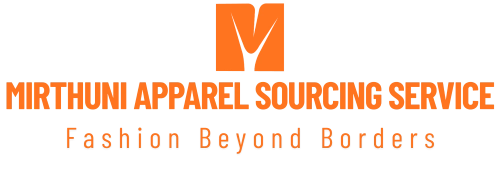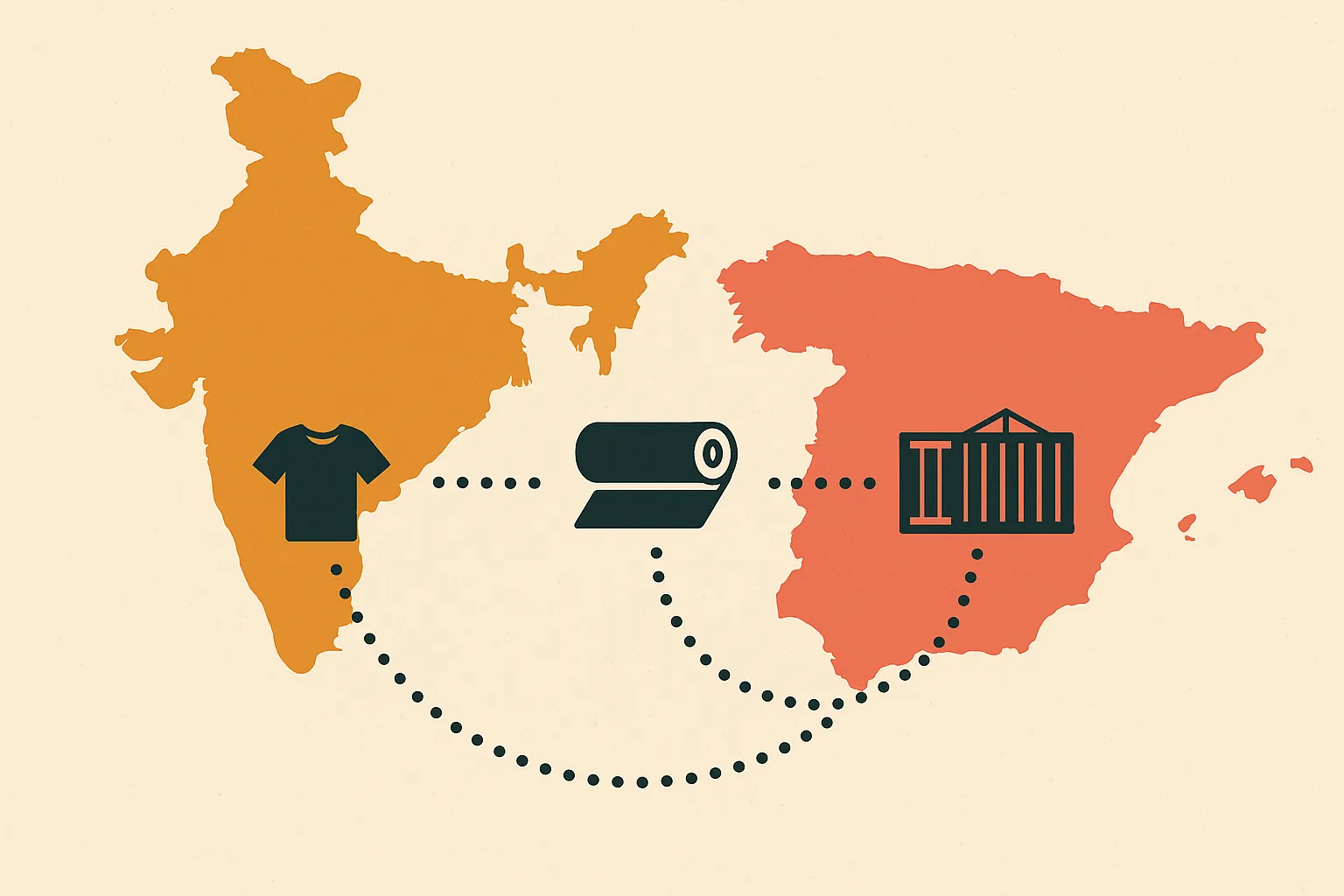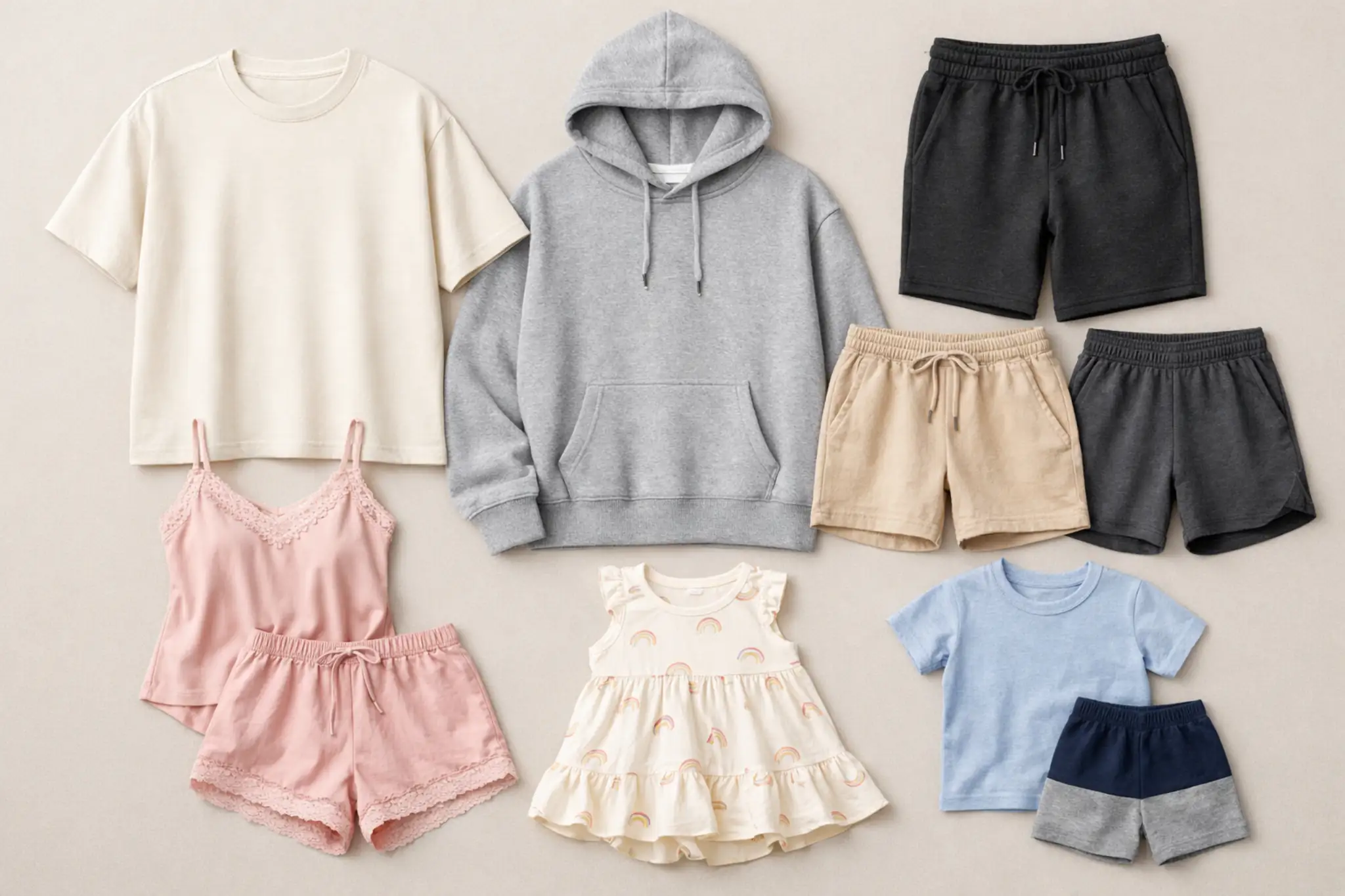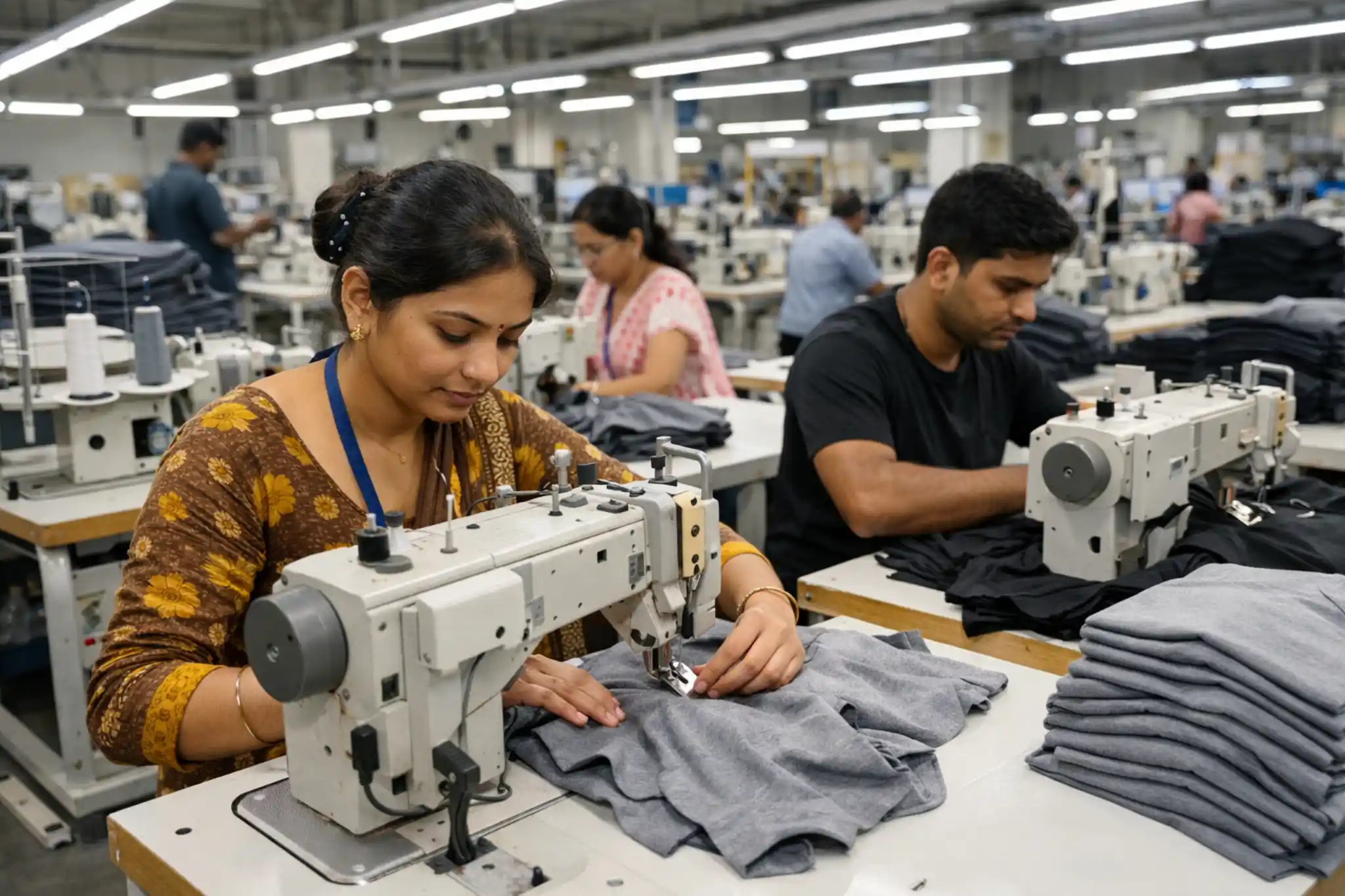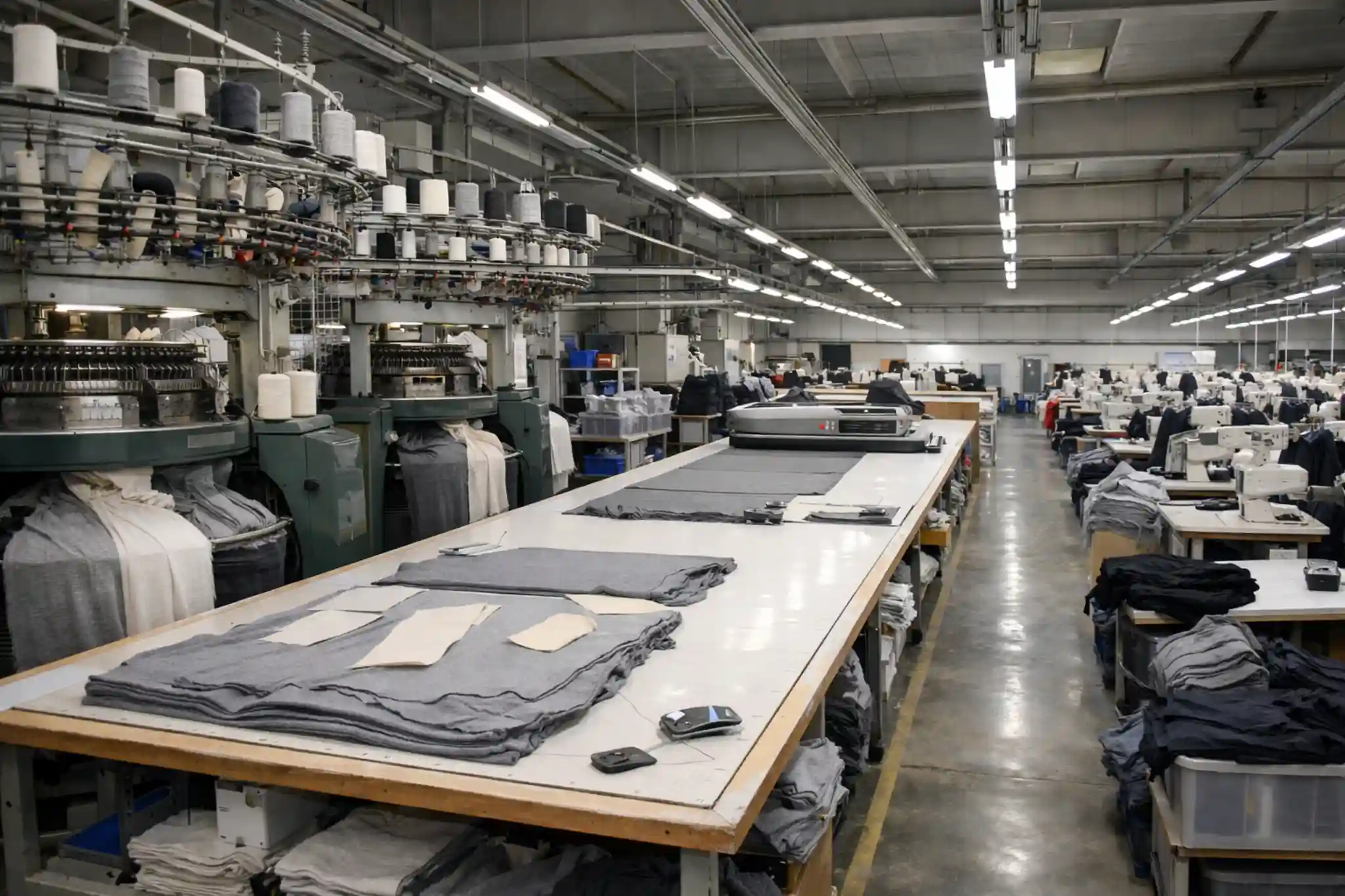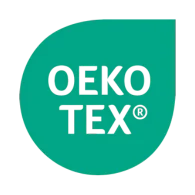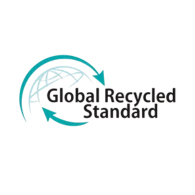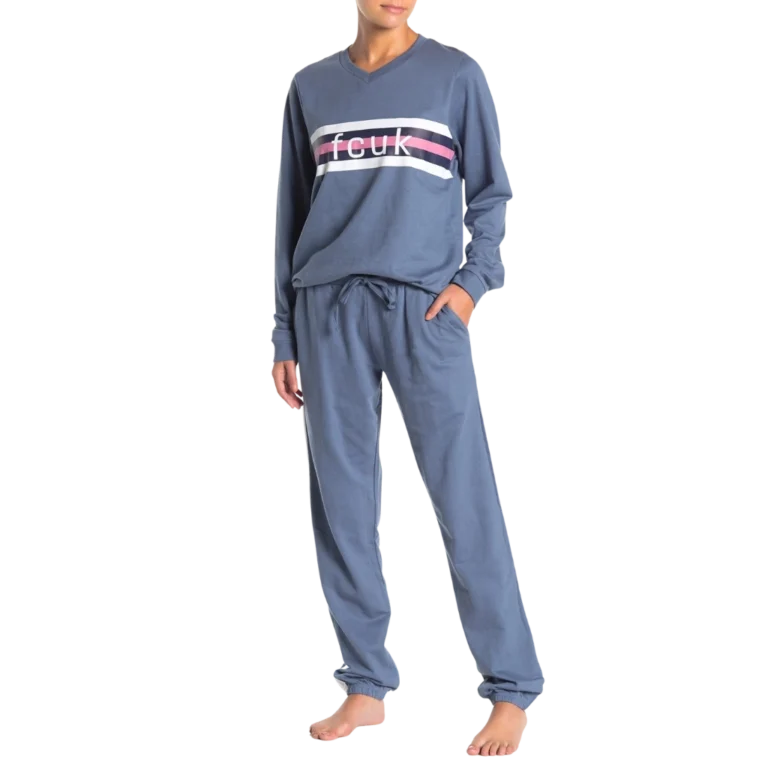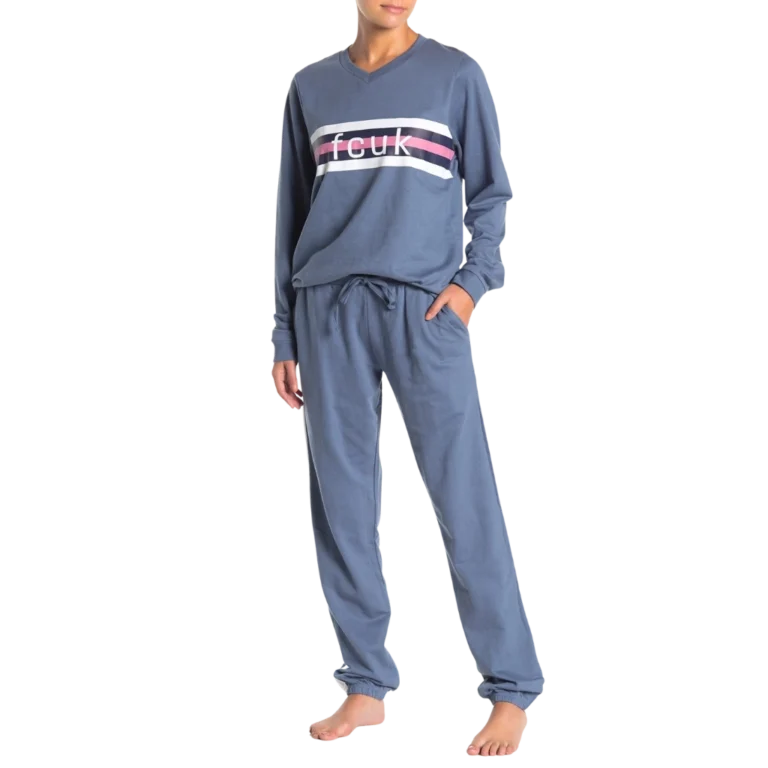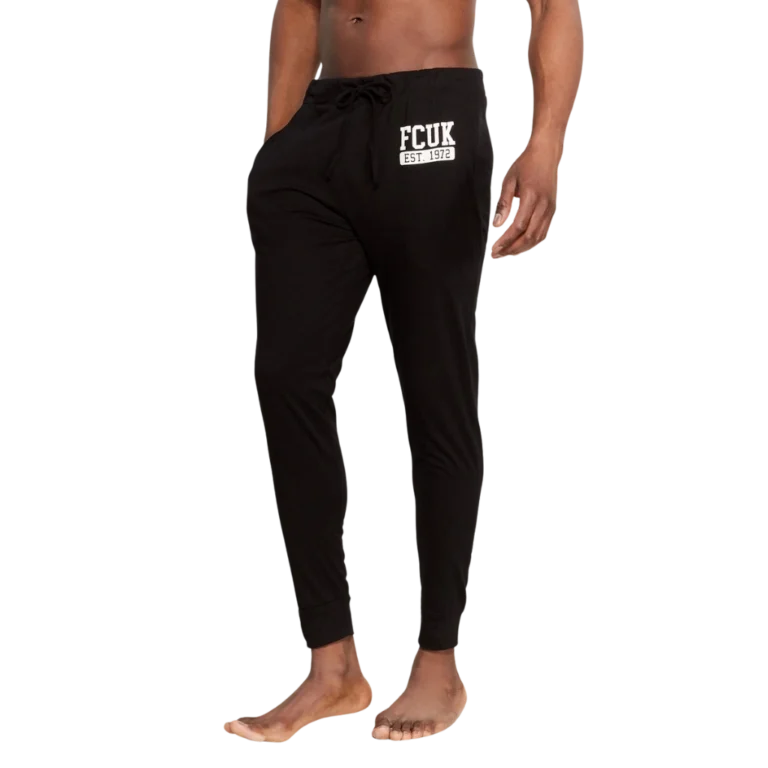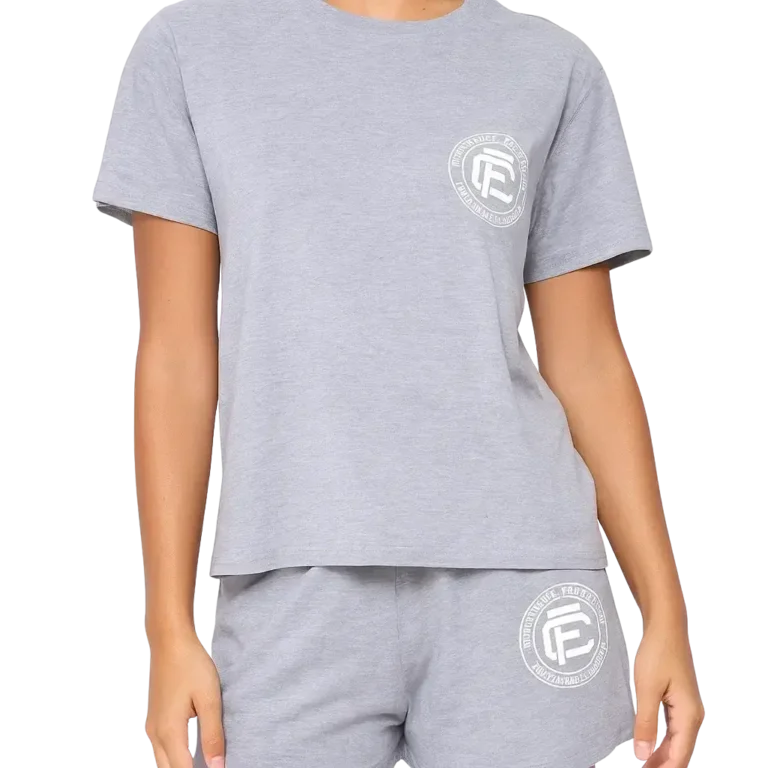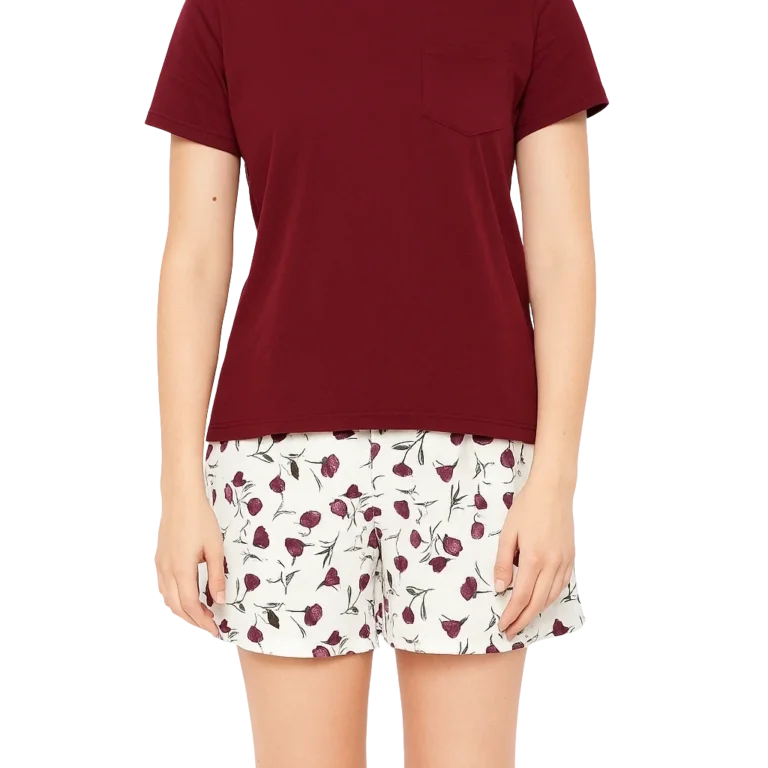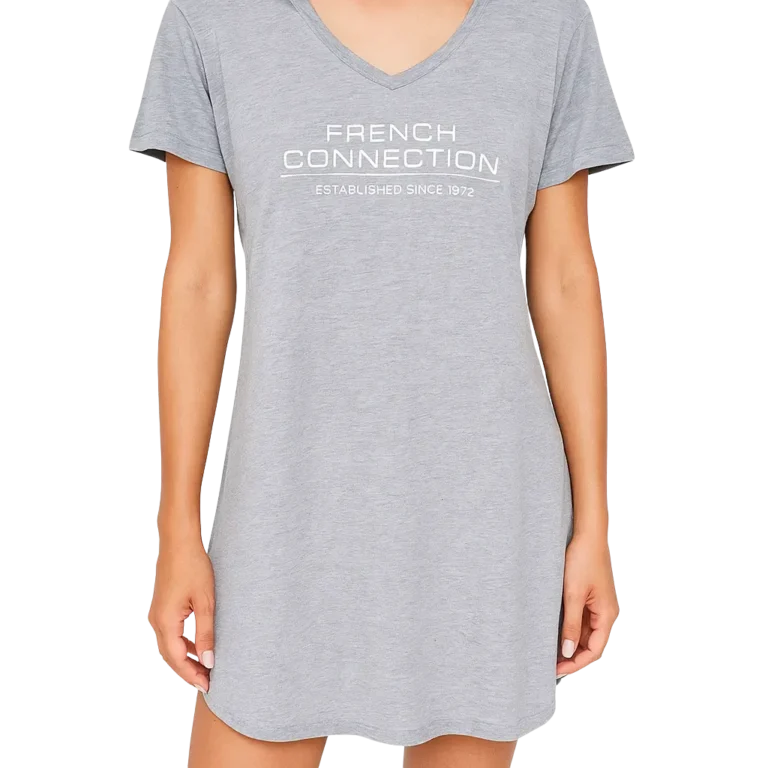Spain is one of Europe’s most dynamic fashion markets, home to global giants like Inditex (Zara, Pull&Bear, Massimo Dutti), Mango, and Desigual, as well as hundreds of independent designers and emerging direct-to-consumer (DTC) brands. While these established players have robust supply chains, smaller and mid-sized Spanish labels increasingly seek alternatives that combine export-quality production, lower Minimum Order Quantities (MOQs), and certified ethical manufacturing.
India-specifically the knitwear hub of Tirupur, Tamil Nadu-has emerged as a preferred destination. Agencies like Mirthuni Apparel Sourcing Service act as strategic partners, connecting global buyers with India’s vertically integrated apparel ecosystem. Mirthuni offers a strong proposition: sourcing apparel from India with certified factories, sustainable fabrics, flexible MOQs, and full supply chain support.
Yet, before Spanish fashion brands commit, it is essential to evaluate the practical and regulatory realities of importing garments from India. This article outlines five critical factors Spanish brands must confirm before working with Mirthuni Apparel Sourcing Service.
1. Compliance with Spain & EU Regulations
Compliance is the first checkpoint for any brand sourcing apparel from India into the European Union. Spanish buyers must ensure that every shipment meets legal requirements to avoid delays, penalties, or reputational damage.
Labeling
Garments must carry fiber content, care instructions, and country of origin labels.
For children’s products, additional warnings (e.g., choking hazard, flame resistance) may be mandatory.
Labels should be translated into Spanish to comply with consumer laws.
Safety Standards
EU REACH compliance is crucial. This regulation restricts harmful chemicals in textiles, including azo dyes, phthalates, and heavy metals.
Flammability standards apply to nightwear and kidswear, categories where Spanish consumers are particularly sensitive to safety.
Certifications
Mirthuni works exclusively with certified partner factories. Recognized standards include WRAP, BSCI, SA8000, SEDEX, GOTS, and Oeko-Tex Standard 100. Spanish brands should request updated certificates, lab test reports, and social audit summaries to ensure compliance with EU retail requirements.
Packaging
Spain also enforces rules on packaging. For example, polybags may need suffocation warnings, and recycled content must sometimes be disclosed. Buyers should confirm that Mirthuni’s partner factories can meet these packaging standards.
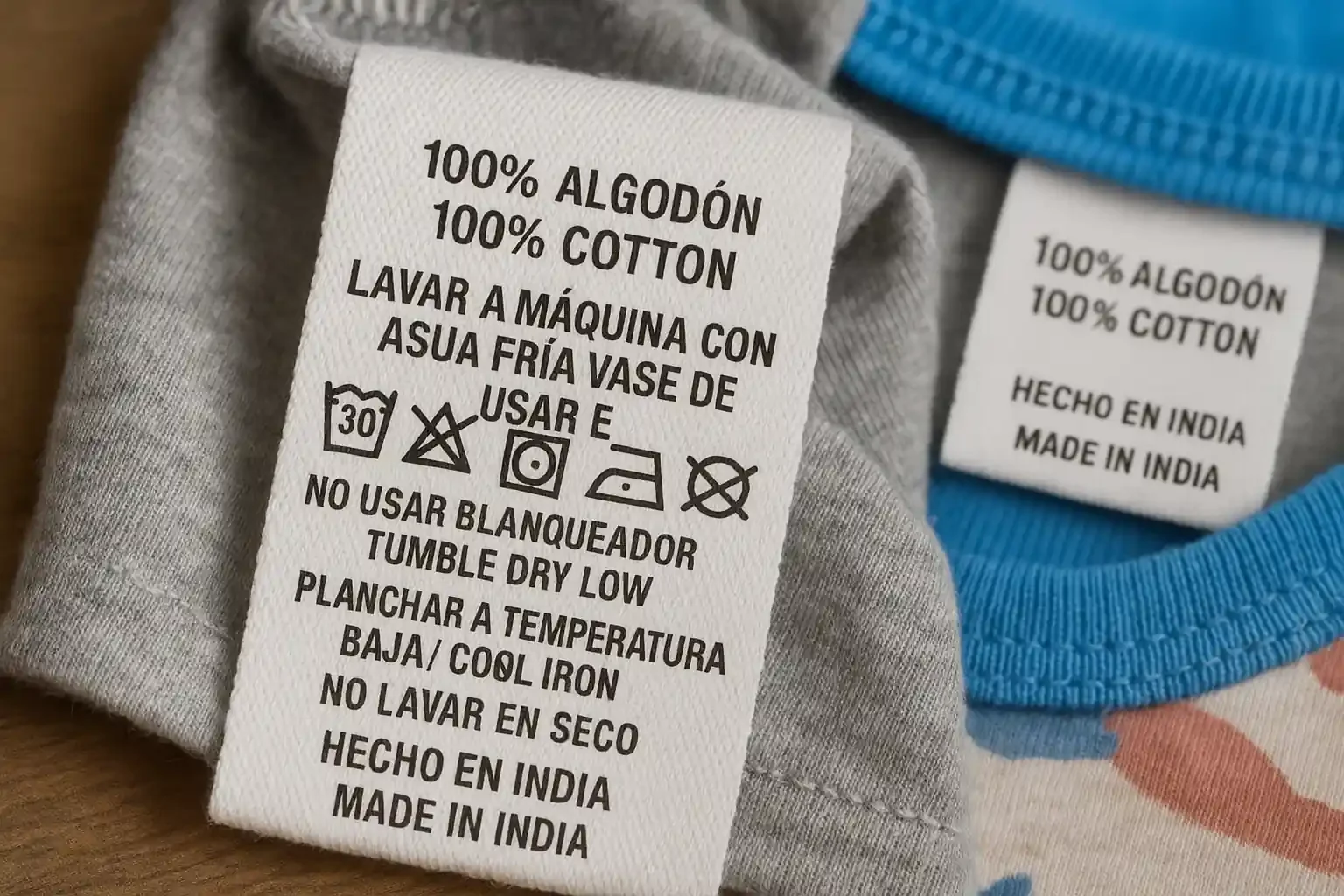
2. Logistics & Shipping to Spain
Even with the right product, poor logistics can derail sourcing. Spanish brands must clarify how apparel shipments from India will be handled.
Incoterms
Mirthuni typically operates under FOB (Free on Board) or CIF (Cost, Insurance & Freight). While these are common, many Spanish brands prefer DDP (Delivered Duty Paid), where customs clearance and VAT are handled by the supplier or freight forwarder. Clarify which terms Mirthuni can offer.
Customs Clearance
Importing apparel into Spain involves:
Customs duties: Typically 9–12% depending on product category.
VAT: 21% applied on top of duties.
Documentation: HS codes, invoices, packing lists, and certificates of origin.
Brands should check whether Mirthuni collaborates with freight forwarders who specialize in EU clearance or whether a local customs broker is required.
Lead Times
Typical timelines when sourcing apparel from India include:
Sampling: 2–4 weeks
Bulk production: 60–75 days
Transit: 20–30 days by sea or 7–10 days by air
Spanish buyers planning seasonal collections should integrate these lead times into their calendars to avoid stockouts.
3. Minimum Order Quantities (MOQ)
MOQ flexibility is one of Mirthuni’s biggest advantages. For Spanish startups and boutique labels, large production runs are often impossible at the early stage.
Typical MOQ: 250–300 pieces per color, per style.
Small runs may have a higher cost per piece due to fabric dyeing and machine setup costs.
Buyers should negotiate a trial batch to test quality, compliance, and communication before scaling orders.
This flexibility makes sourcing apparel from India through Mirthuni especially appealing for new Spanish brands entering competitive categories like streetwear, loungewear, and kidswear.
4. Communication & Design Support
Managing a supply chain across continents requires strong communication. Spanish brands should evaluate Mirthuni’s responsiveness and support during the early stages of engagement.
Sampling & Approvals
Buyers should confirm timelines for:
Fabric swatches and lab dips
Prototype and fit samples
Size grading to EU standards
Quality Control
Mirthuni employs a three-stage AQL inspection process (inline, mid-line, and final). Spanish brands should request QC reports, defect photos, and video updates, or even consider third-party audits. This ensures that products meet the expectations of Spanish consumers and retailers.
Packaging & Retail Readiness
Confirm whether Mirthuni can provide custom labeling, barcoding, and packaging that align with Spanish retailer requirements. This is particularly important for brands selling through major e-commerce platforms or department stores.

5. Cost Transparency & Landed Cost
One of the most common mistakes in sourcing apparel from India is underestimating the true landed cost.
Key Components
Ex-factory cost (base price)
Freight costs (air vs. sea)
Insurance
Customs duties (9–12%)
VAT (21%) in Spain
Certification costs (e.g., GOTS labeling for organic cotton)
By calculating the landed cost per piece, Spanish buyers can make better pricing and margin decisions. Mirthuni should provide detailed cost breakdowns, allowing brands to forecast profitability accurately.
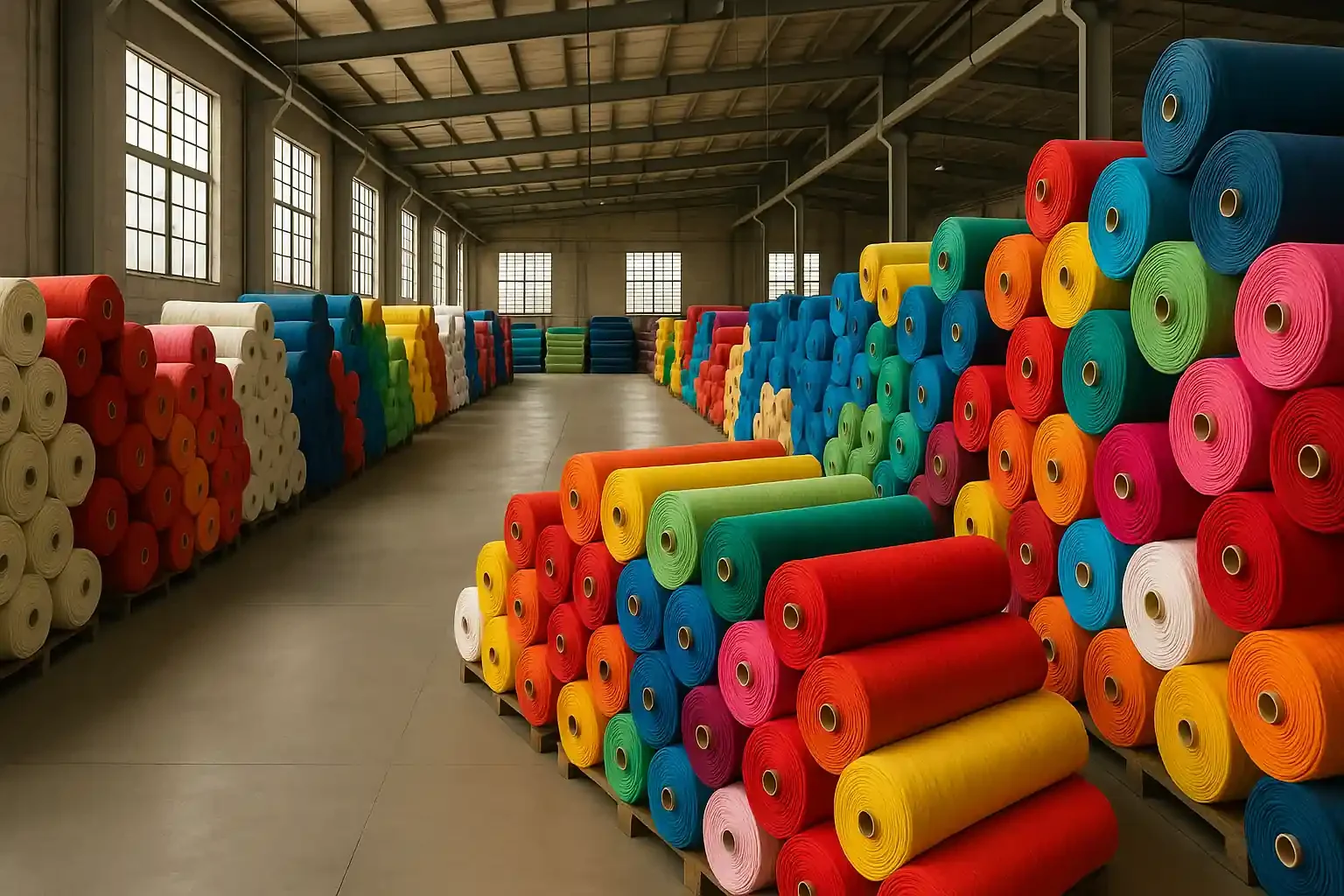
Conclusion
Mirthuni Apparel Sourcing Service presents a compelling option for Spanish fashion brands seeking to source apparel from India. The company’s strengths lie in its:
Location in Tirupur, India’s vertically integrated knitwear hub.
Low MOQ flexibility, critical for startups and boutique brands.
Certified factories, ensuring compliance with global standards.
Transparent quality control systems.
For Spanish brands, especially those just starting or expanding into new categories, Mirthuni can be a valuable sourcing partner. However, due diligence is essential. Confirm compliance with EU regulations, clarify shipping terms, test responsiveness, and calculate the true landed cost before scaling orders.
By following this structured approach, Spanish fashion brands can confidently leverage India’s sourcing strengths while protecting themselves from common pitfalls.
Sourcing apparel from India, when done correctly, can provide Spanish brands with quality, affordability, and sustainability-the three pillars needed to succeed in Europe’s competitive fashion landscape.
